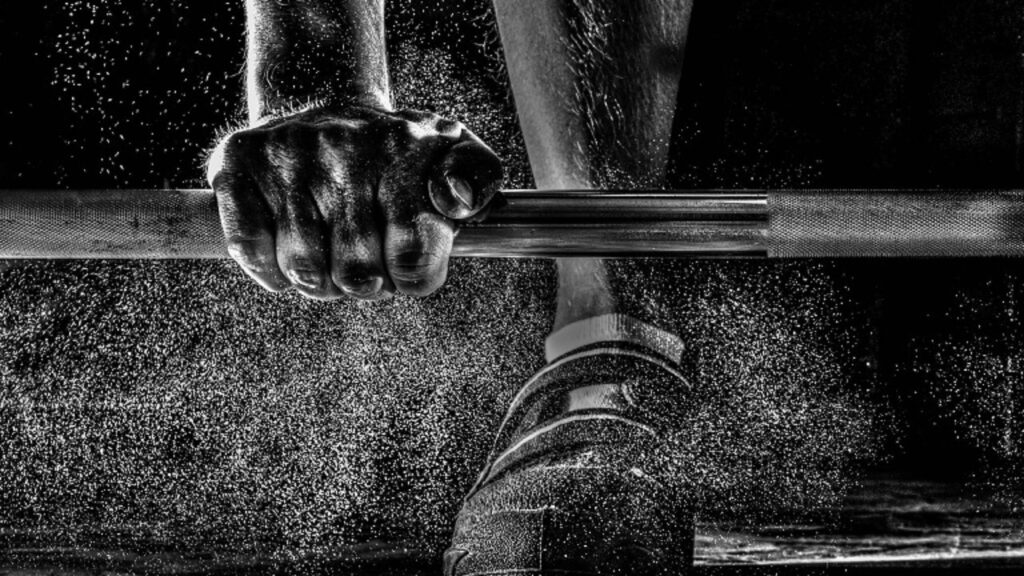
Introduction
Embarking on a weightlifting journey can be a transformative experience, whether you’re looking to build strength, improve athletic performance, or compete at a high level. While hitting the gym with enthusiasm is a great start, having the guidance and expertise of a qualified weightlifting coach can make all the difference in achieving your goals safely and effectively. In this article, we’ll explore the many benefits of hiring a weightlifting coach and offer insights into how to find the right one for you.
The Importance of a Weightlifting Coach
- Safety First: Weightlifting is a physically demanding sport that involves lifting heavy weights. Proper form and technique are essential to prevent injuries. A coach ensures that you perform exercises correctly, reducing the risk of accidents and strains.
- Personalized Training: Every individual has unique strengths, weaknesses, and goals. A coach tailors your training program specifically to your needs. This personalized approach optimizes your progress and helps you achieve your objectives faster.
- Motivation and Accountability: Staying motivated can be challenging, especially during plateaus or tough training phases. A coach serves as a constant source of motivation, providing guidance and pushing you to give your best effort. They also hold you accountable for sticking to your training plan.
- Technique Refinement: Even experienced lifters can benefit from a coach’s keen eye. Coaches can identify and correct subtle flaws in your technique that might be limiting your progress. These small adjustments can have a profound impact on your performance.
- Progress Tracking: Coaches keep meticulous records of your training sessions and progress over time. This data helps you visualize your improvements, set realistic goals, and stay on course for success.
- Mental Strength: Weightlifting is not just about physical strength; it’s also a mental game. Coaches help you develop mental toughness, teach you how to handle competition nerves, and build confidence in your abilities.
- Efficiency and Time Management: A coach’s expertise ensures that you use your time in the gym efficiently. They design effective workout routines that maximize your gains, saving you from wasted effort and potential overtraining.
- Adaptation and Periodization: Weightlifting programs require careful planning and periodization to avoid plateaus and burnout. Coaches use their experience to create periodized training cycles that ensure consistent progress.
- Motivation Through Plateaus: Plateaus are a natural part of the lifting journey. A coach helps you navigate through these challenging phases, offering new strategies and encouragement to overcome stagnation.
- Injury Prevention and Rehabilitation: If you experience an injury, a coach can provide guidance on recovery and rehabilitation exercises. They help you return to lifting safely and prevent re-injury.
- Nutritional Guidance: Nutrition plays a crucial role in weightlifting success. Coaches often offer nutritional advice tailored to your goals, ensuring you fuel your body for optimal performance.
- Competition Preparation: If you have aspirations to compete, a coach can provide competition-specific training plans, help you navigate the rules and regulations, and offer mental support during the competition.
How to Find the Right Weightlifting Coach
- Qualifications: Look for coaches with relevant certifications, such as those from USA Weightlifting (USAW) or the International Weightlifting Federation (IWF). These certifications ensure they have the necessary knowledge and experience.
- Experience: A coach with a history of working with athletes at your level or higher is ideal. They should have a track record of producing successful lifters.
- Communication Skills: Effective communication is crucial. Your coach should be able to explain complex concepts in a way you understand and provide constructive feedback.
- Compatibility: Find a coach whose coaching style aligns with your learning preferences. Some athletes thrive under strict discipline, while others prefer a more laid-back approach.
- References: Don’t hesitate to ask for references from current or former clients. Hearing about others’ experiences can provide valuable insights.
- Observation: Attend one of their training sessions or have a trial session to see if your personalities and training philosophies mesh well.
- Cost: Coaching fees can vary widely. Consider your budget and how much you’re willing to invest in your training. Remember that the right coach can be a worthwhile investment in your health and performance.
Conclusion
Hiring a weightlifting coach is a decision that can elevate your training and results to new heights. Whether you’re a beginner looking to start your journey or an experienced lifter aiming for greater achievements, a knowledgeable and dedicated coach can guide you on your path to success. Take the time to research and find a coach who not only possesses the right qualifications but also connects with you on a personal level. With the right coach by your side, you’ll be well on your way to reaching your weightlifting goals safely and effectively.

